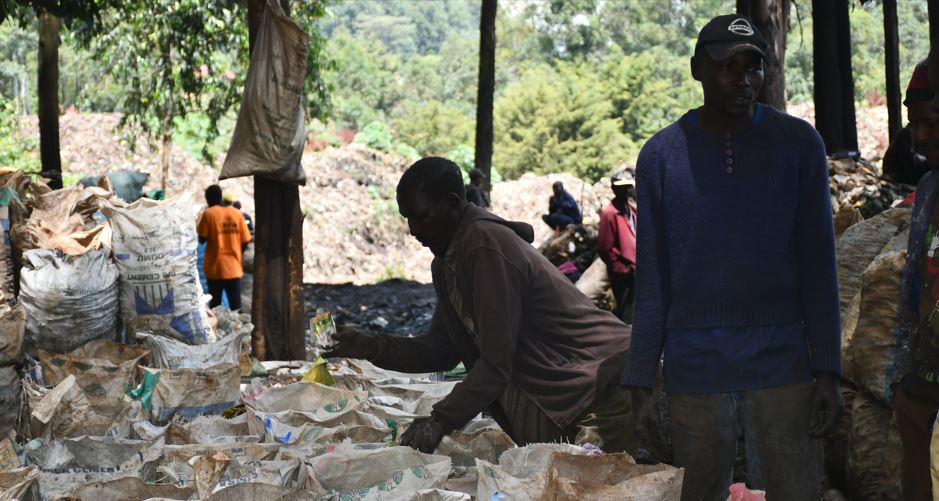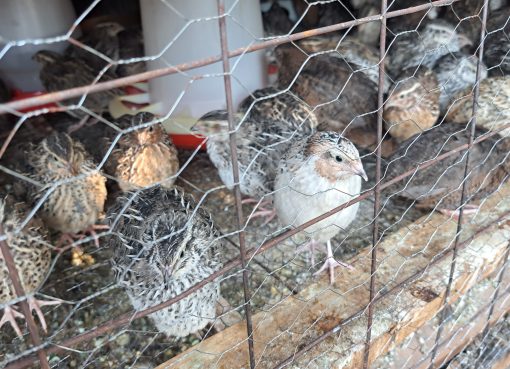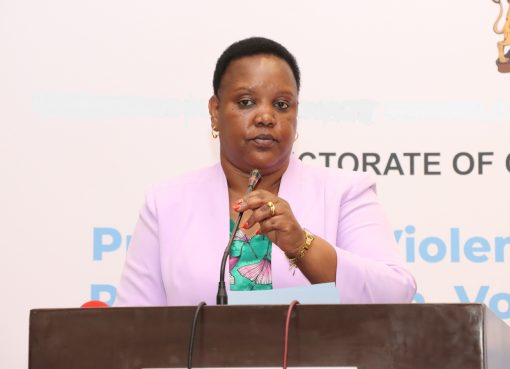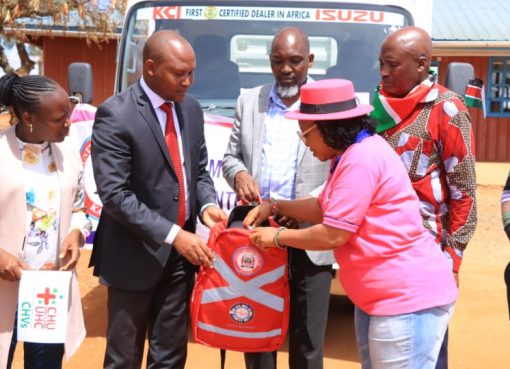Dealers in scrap metal within Kericho County have been warned against involving children in the hazardous business, which endangers their lives and keeps them away from school.
According to Kericho County Children’s Department Officer Mr. Daniel Kiba, the department’s main concern has been the increasing number of children dropping out of school to join the scrap metal business within Kericho Town, which he said was illegal.
Mr. Kiba said that a number of children below the age of 18 from primary schools within the town engaged in the collection of scrap metal, glass, and plastics from dump sites to sell to manufacturers for meagre wages.
The children’s officer was speaking during the World Day against Child Labour observed worldwide as a demonstration of commitment to ending child labour and highlighting the rights of children, which include the right to health, education, and protection.
Mr Kiba said resolving child labour issues needed a multi-agency approach involving not only the children’s department but also the labour office, the national police, and the judiciary in order to protect the rights of minors.
“If the scrap metal buyers could cease trading with children, the cases would decline, and children would remain in school for their studies. However, even parents have to be proactive in discouraging their children from engaging in the collection of scrap metal,” said Mr. Kiba.
He also noted that there has been an increase in child abuse cases reported within Kericho County, with statistics indicating a 75 per cent rise due to domestic issues.
Meanwhile, Kericho Labour Officer Boniface Karugi explained that the employment age as provided for in the law is between 13 to 16 years under the supervision and direct authorization of the labour commissioner.
He further explained that the two types of labour include light duties, which are legal, and hazardous forms of labour which are illegal.
Karugi further explained that hazardous labour includes bodaboda business, pushing hand carts, digging and extraction of minerals, carrying heavy loads, brick making, working with machinery chemicals, earth digging, carrying stones or rocks, deep sea fishing, and collecting scrap metal, among others.
“I would advise members of the public to report to the labour office issues of child labour especially those involving children in hazardous labour,” added Karugi.
And Labour Officer Jane Waweru defined child labour as any work that deprives a child of their right to be engaged in children’s activities like playing and going to school. She further said that according to the Employment Act Section 59, no person shall employ a child in an industrial undertaking between the hours of 6:30pm to 6:30 am.
“Factors that determine if a minor is under child labour are the age, hours of work, condition, and nature of work. Children should only be engaged in lighter duties which do not hinder them from school and playing,” added Waweru.
The Labour Officer mentioned the worst forms of child labour as slavery, child trafficking, debt bondage, forced labour, sexual exploitation of children, and early marriages.
According to the International Labour Organization (ILO), child labour deprives children of education and opportunity and increases the odds against their chances of securing a decent income and stable employment as adults.
By Kibe Mburu and Steve Were





